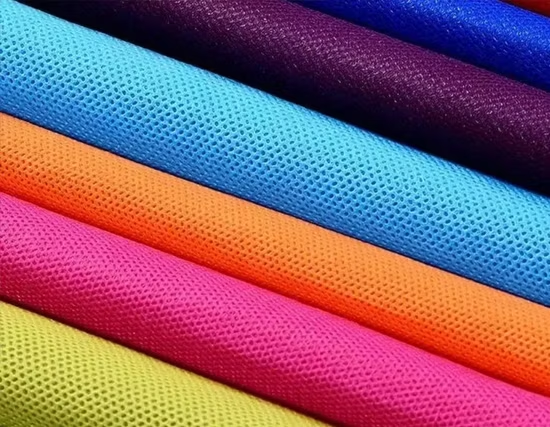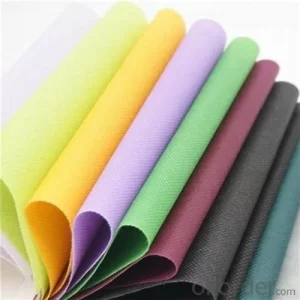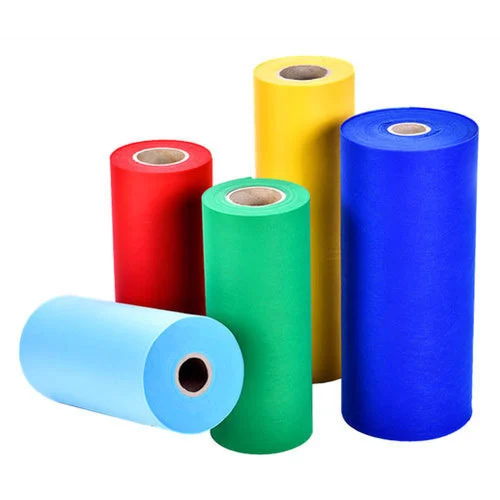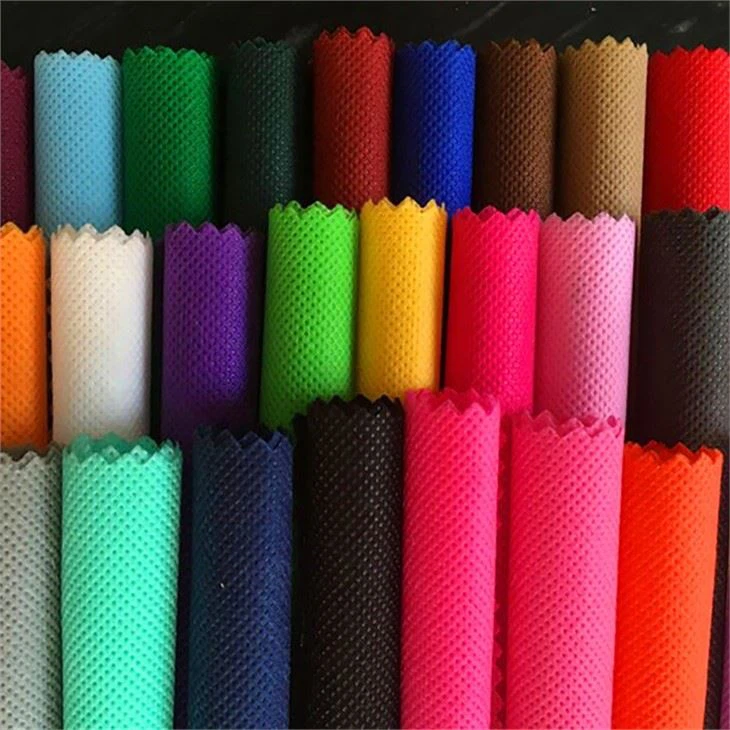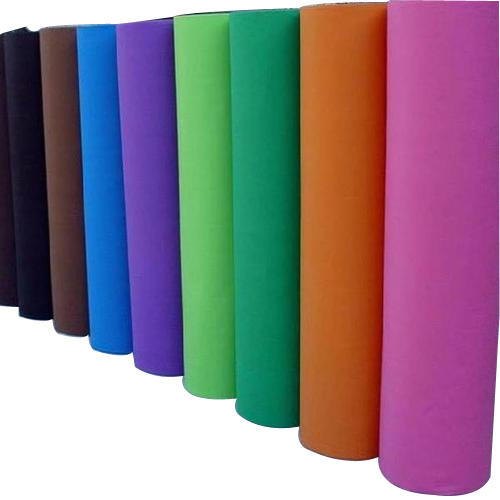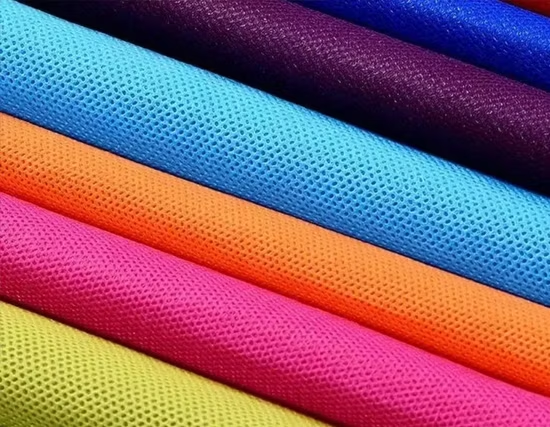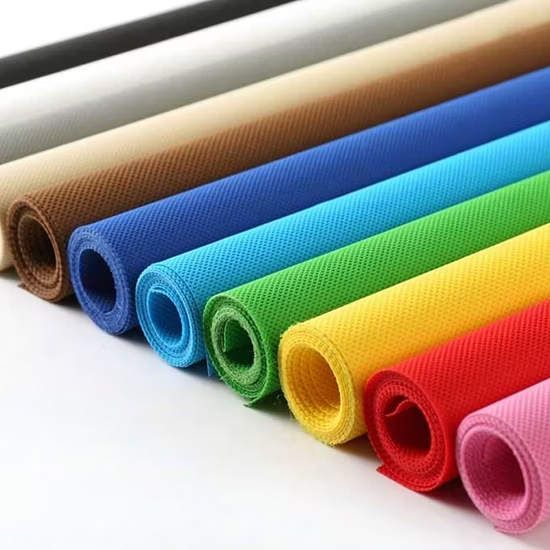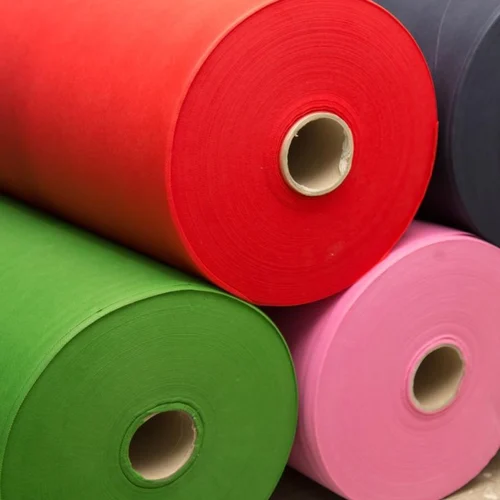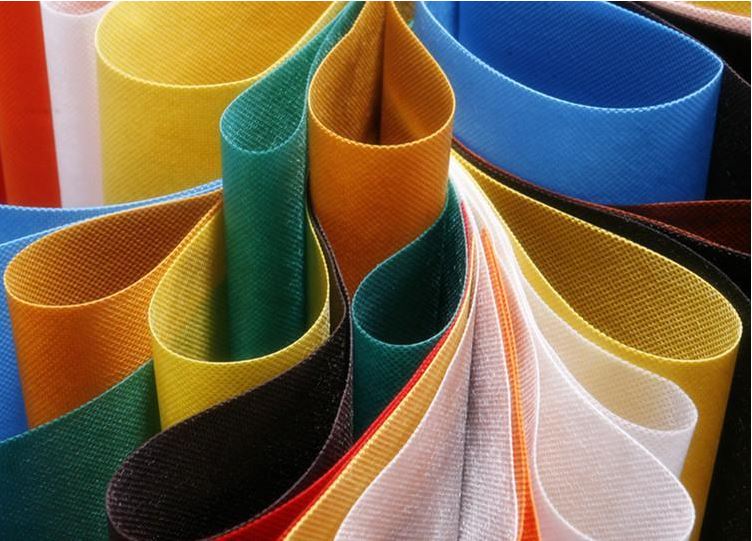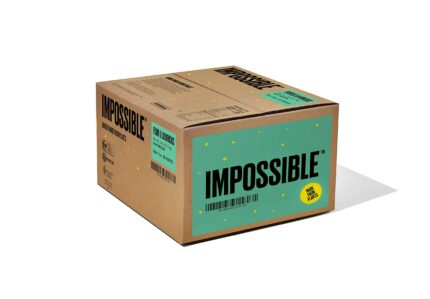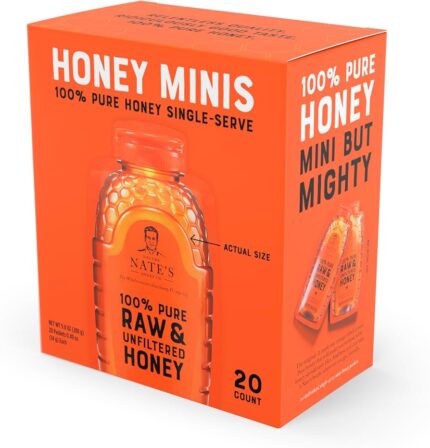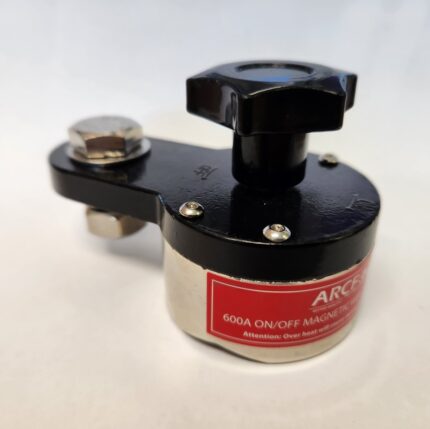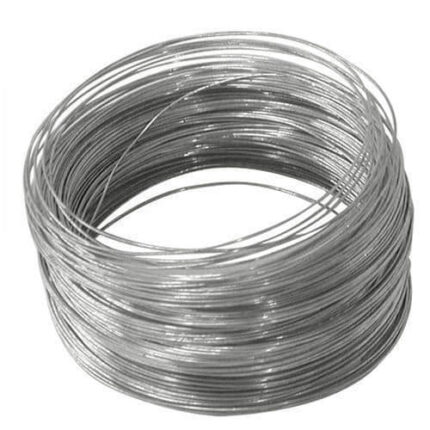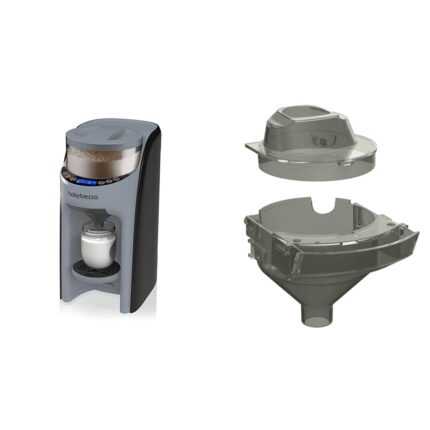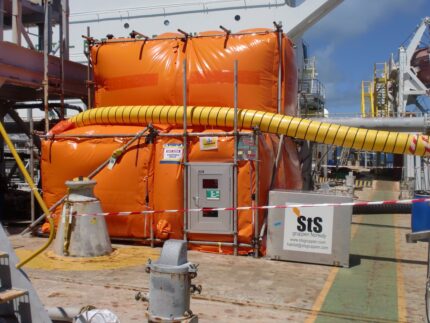Description
Non-woven polypropylene is a versatile material known for its durability, lightweight properties, and eco-friendliness. Unlike traditional woven fabrics, non-woven polypropylene is produced through a process that bonds fibers together mechanically, thermally, or chemically, resulting in a fabric that is strong and resistant to tearing. This makes it an ideal choice for a wide range of applications, from reusable shopping bags to geotextiles in landscaping and construction.
One of the key advantages of non-woven polypropylene is its recyclability. As awareness of environmental issues grows, many manufacturers and consumers are seeking sustainable alternatives to plastic and other non-biodegradable materials. Non-woven polypropylene can be recycled and repurposed, reducing its impact on landfills and promoting a circular economy. Additionally, its lightweight nature means that it requires less energy to transport, further minimizing its carbon footprint.
In the medical field, non-woven polypropylene is increasingly utilized for protective clothing, surgical masks, and other hygiene products. Its ability to act as a barrier while allowing breathability makes it especially valuable in healthcare settings, where infection control is paramount. The cost-effectiveness of this material also allows for high-volume production, meeting the rising demand for personal protective equipment.
Overall, non-woven polypropylene stands out as a practical and sustainable alternative for various industries. Its combination of strength, versatility, and eco-friendliness makes it a material well-suited for modern applications, reflecting the ongoing shift towards sustainable practices in manufacturing and consumer behavior. As technology advances and the demand for sustainable options increases, the role of non-woven polypropylene is likely to expand even further, paving the way for innovative uses that benefit both consumers and the environment.

